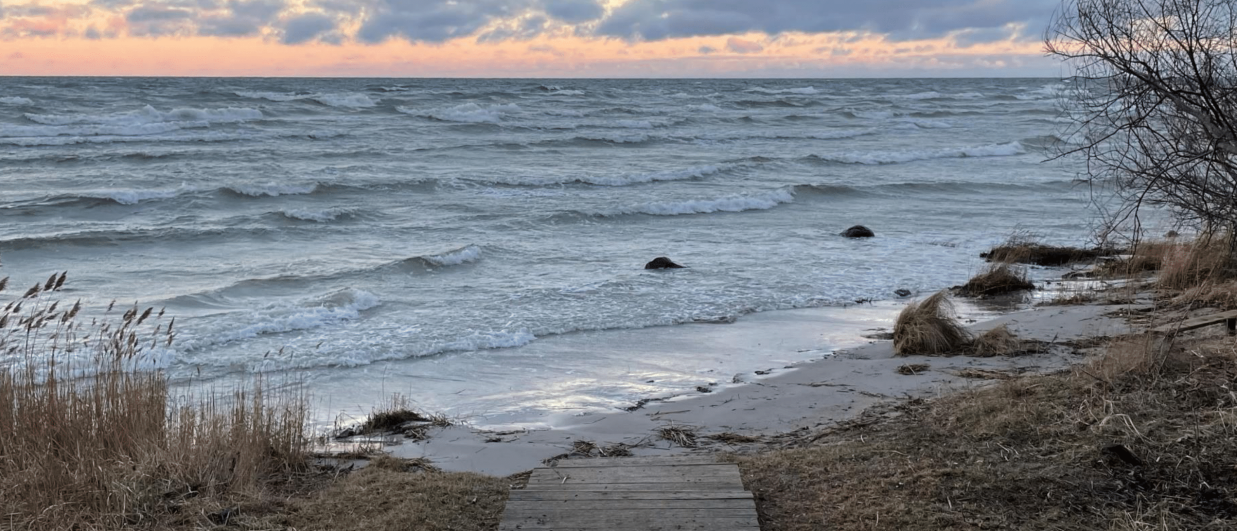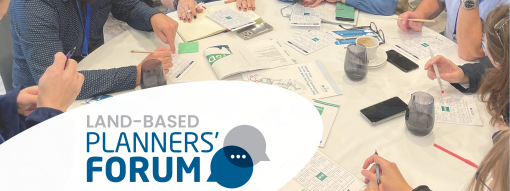Updating VASAB Coastal Recommendations: a work in progress
In 1996, a few years after the founding of the VASAB cooperation, the Common Recommendations for Spatial Planning of the Coastal Zone in the Baltic Sea Region were adopted, setting an important precedent for coastal zone management. Now, nearly three decades later, the Baltic Sea Region (BSR) finds itself amidst profound geopolitical, environmental, and socio-economic changes. In response, VASAB has embarked on a project to review and update these Recommendations within the framework of the Baltic Sea2Land.
A Changing Context
Since the adoption of the 1996 Recommendations, significant developments have reshaped the Baltic Sea Region. Most BSR countries are now members of the European Union and NATO, while Russia’s aggression in Ukraine has led to the suspension of Russia and Belarus from VASAB cooperation. At the same time, challenges such as the COVID-19 pandemic, climate change, and escalating geopolitical tensions have underscored the urgent need for resilience and sustainability in coastal spatial planning.
Spatial planning on land and at sea has advanced since 1996. Technological progress, the availability of more comprehensive data, and a deeper understanding of the need for ecosystem-based approach reshaped planning practices. These advancements enable a more nuanced understanding of land-sea interactions and aim to facilitate holistic, multi-sectoral planning approaches. Coupled with emerging paradigms such as ecosystem services and nature restoration, these shifts underscore the need for an updated framework to guide sustainable development while addressing contemporary challenges.
Survey Insights: Diverse Perspectives on Coastal Priorities
To assess the continued relevance of the Recommendations, VASAB conducted a survey from June to November 2024, gathering input from spatial planning professionals across BSR countries. The results revealed diverse perspectives and priorities, reflecting the evolving needs and challenges of the region. Key themes identified included:
- Security concerns in coastal areas.
- Cross-border cooperation and the importance of data sharing.
- Strategies and actions for climate change adaptation and mitigation.
- Detailing coastal and offshore multi-use opportunities.
- Balancing economic development with nature restoration.
- Reducing anthropogenic pressures on the natural environment.
- Innovating for the transition and refitting of harbors to enhance resilience and functionality.
Webinar Highlights
On November 20, 2024, VASAB hosted an online webinar titled “Towards Updated Coastal Planning and Development Recommendations for the Baltic Sea Region”. The event brought together 48 participants from all BSR countries, representing governance levels from local to national. The agenda provided a rich tapestry of insights, starting with the VASAB Vision 2040, which outlined regional challenges and opportunities. Following this, the results of the survey were presented, highlighting key themes, cross-cutting issues, and principles that emerged. These included the importance of sustainability, societal resilience, and integrated planning approaches.
Highlights included:
- Finnish Coastal Strategy: Mari Pohja-Mykrä presented this strategy, emphasized a systemic approach to sustainable coastal use and demonstrated Finland’s innovative efforts in integrating land and sea planning.
- Klaipeda Region’s Sustainable Blue Economy: Greta Tautavičiūtė shared insights into developing sustainable blue economy indicators, focusing on port modernization, green maritime transport, and the expansion of sustainable fisheries.
- Kurzeme Region’s Thematic Coastal Plan: Alla Kudiņa highlighted the challenges and opportunities of creating a precedent-setting regional plan in Latvia, showcasing efforts to balance development with the preservation of natural and cultural heritage.
Path Forward
The discussions underscored the importance of multi-level governance, cross-border cooperation, and stakeholder engagement. Real-life examples from Finland, Lithuania, and Latvia demonstrated the diverse approaches and challenges faced by BSR countries. These shared experiences enriched the dialogue and provided valuable insights for the next phase of Recommendation updates.
What’s Next?
The process of updating the Recommendations is ongoing, with the next seminar planned for Spring 2025. This event will build on the insights gathered, fostering further collaboration and refining the Recommendations to ensure they are robust, forward-looking, and aligned with the region’s evolving needs.



